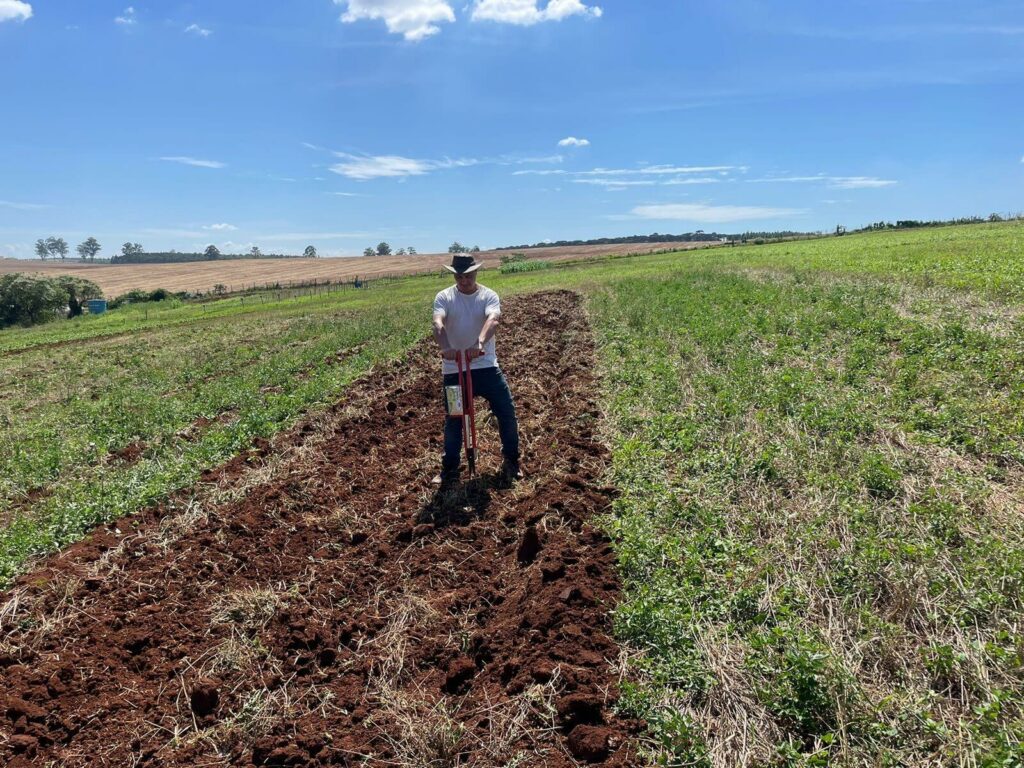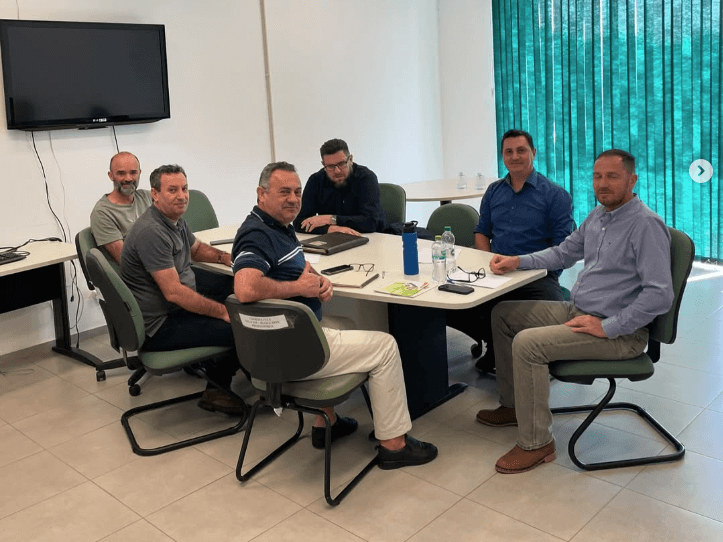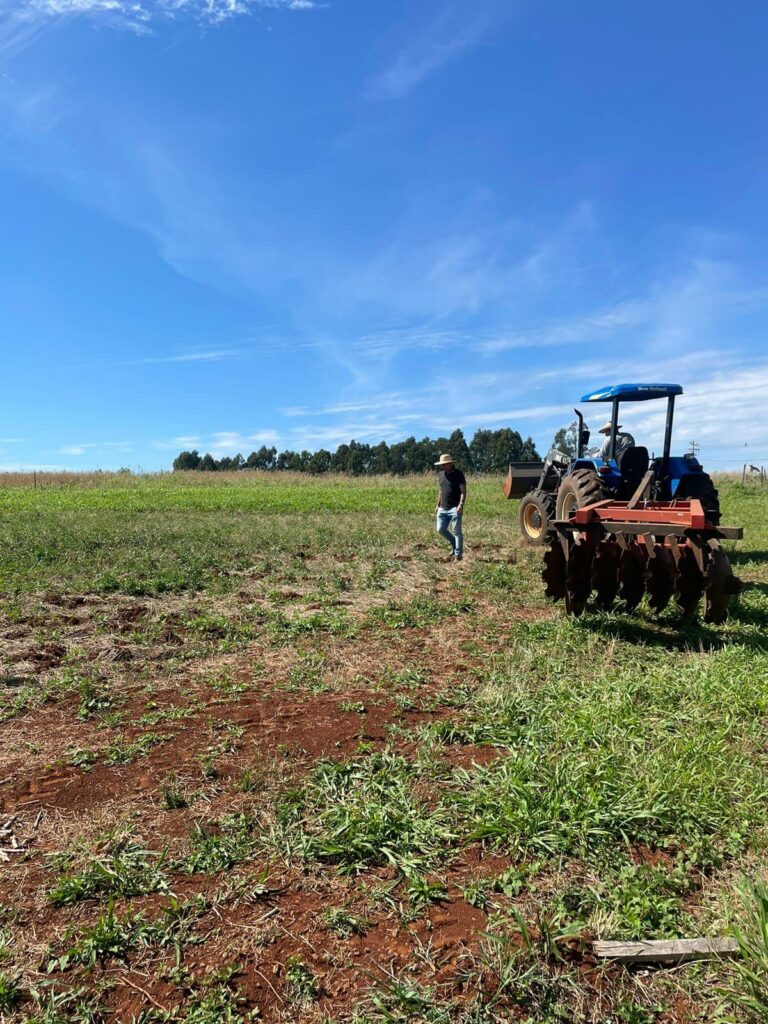HortoSapiens
A “Weltacker” in Chapecó
The HortoSapiens project emerges as a creative and reflective response to the contemporary challenges we face, particularly regarding food, the environment, and education. In a world marked by environmental degradation and disconnection between humans and nature, we strive to promote an integrated approach that values the production of organic and sustainable food, as well as strengthening the bonds between community and environment.
The main objective of HortoSapiens is to demonstrate that it is possible to produce a significant amount of food in a relatively small area, in an organic and sustainable way, while also fostering deep reflections on our relationship with nature and the food we consume. Additionally, the
project seeks to inspire and educate the local community about sustainable agricultural practices and healthy eating.


Paths to sustainable nutrition
The project will be developed in an area of 2,000 square meters in the experimental area of the campus, where various types of vegetables, fruits, and greens will be cultivated using organic and agroecological techniques. All production will be carefully monitored and cataloged, recording information such as types of crops, quantity produced, water usage, and inputs, among other relevant data. This information will be used not only to optimize the project’s production but also to provide support for future research and to generate reports that highlight the environmental and social benefits of the adopted approach, which will also facilitate the replication of the project in other areas, such as school spaces and public lands.
HortoSapiens is based on a holistic and interconnected view of the world, recognizing the profound interdependence between humans and the environment we live in. In this sense, the project seeks to promote critical reflection on our role as agents of transformation on the planet, encouraging practices that respect and regenerate natural ecosystems. By adopting organic and, in the future, agroecological farming techniques, the project contributes to reducing soil and water contamination from agrochemicals, as well as preserving local biodiversity. Furthermore, by prioritizing the efficient use of natural resources, such as water and soil, HortoSapiens demonstrates that it is possible to produce food sustainably, even
in urban or degraded areas.

From a philosophical perspective, HortoSapiens invites reflection on our relationship with nature and the foods we consume (production, distribution, marketing, and consumption). By recognizing the importance of healthy and sustainable eating—not only for our own health but also for the well-being of the planet as a whole—we are led to question and rethink our habits and consumption patterns.
Community based education
One of the distinctive features of HortoSapiens is its strong educational and community dimension. In addition to producing healthy and sustainable food, the project also aims to promote access to these foods through partnerships with local institutions, such as the Clélia Seganfredo Bodanese basic education school in Chapecó. Through this partnership, part of the production from HortoSapiens will be allocated to the school, contributing to a more nutritious and conscious diet for students and their families.
Additionally, the project plans to conduct educational activities and practical workshops involving students, teachers, and community members, with the goal of raising awareness and empowering people to adopt more sustainable agricultural practices and to value organic and local foods. By promoting visits from this school community to the garden space in the experimental area, the project will also help to publicize UFFS and its fields of study and research to the regional community.
In a world that still suffers severely from the environmental consequences of the Industrial Revolution, increasingly marked by the environmental crisis and disconnection between humans and nature, HortoSapiens rises as an initiative that seeks not only to produce healthy and
sustainable food but also to promote a profound reflection on our habits and values. By integrating innovative agricultural practices with environmental and community education, the project offers a viable and replicable model for constructing more just, healthy, and
sustainable food systems that respect and regenerate the natural ecosystems upon which we depend for our own survival and prosperity.

